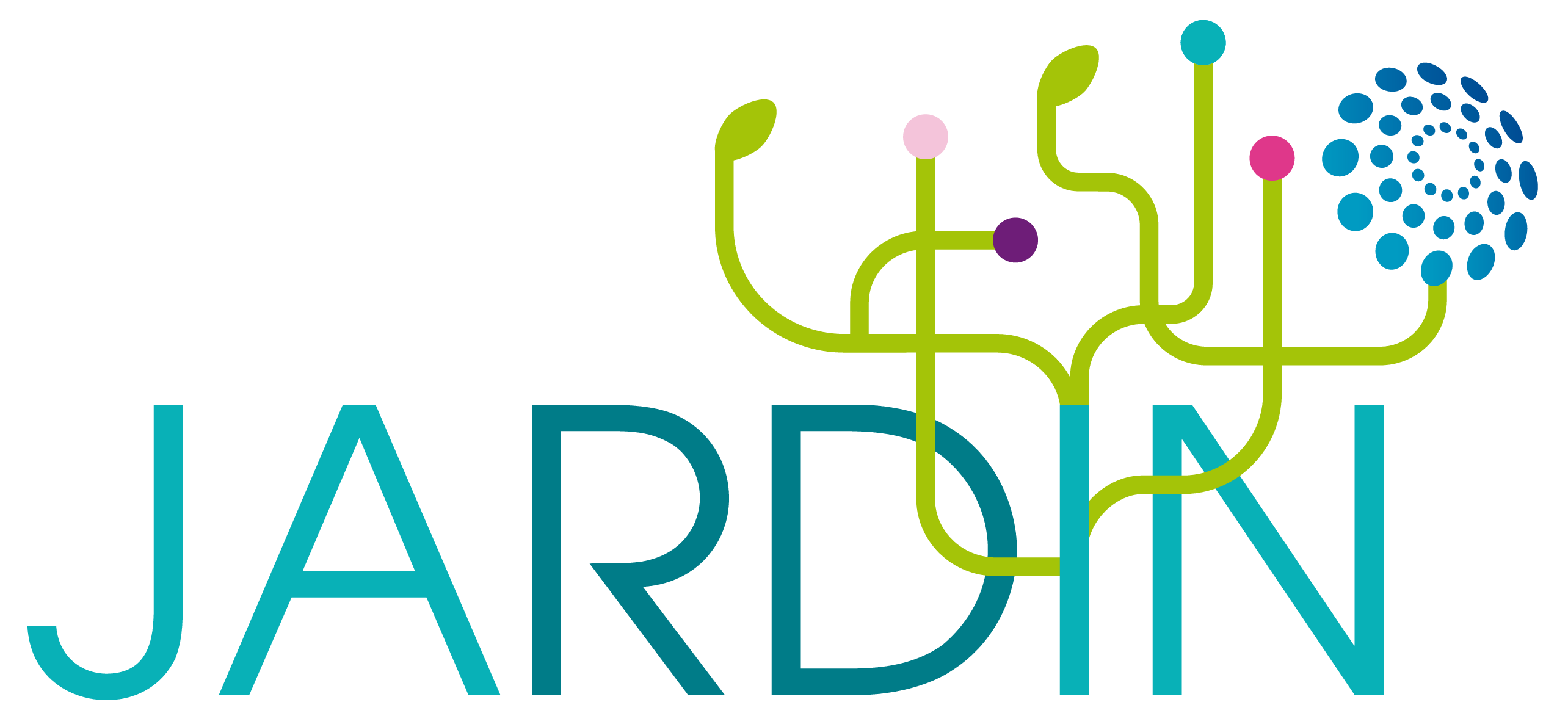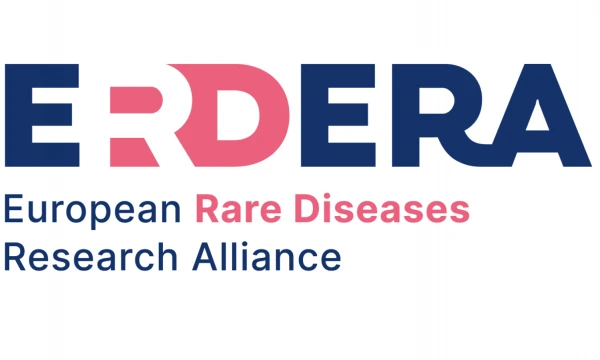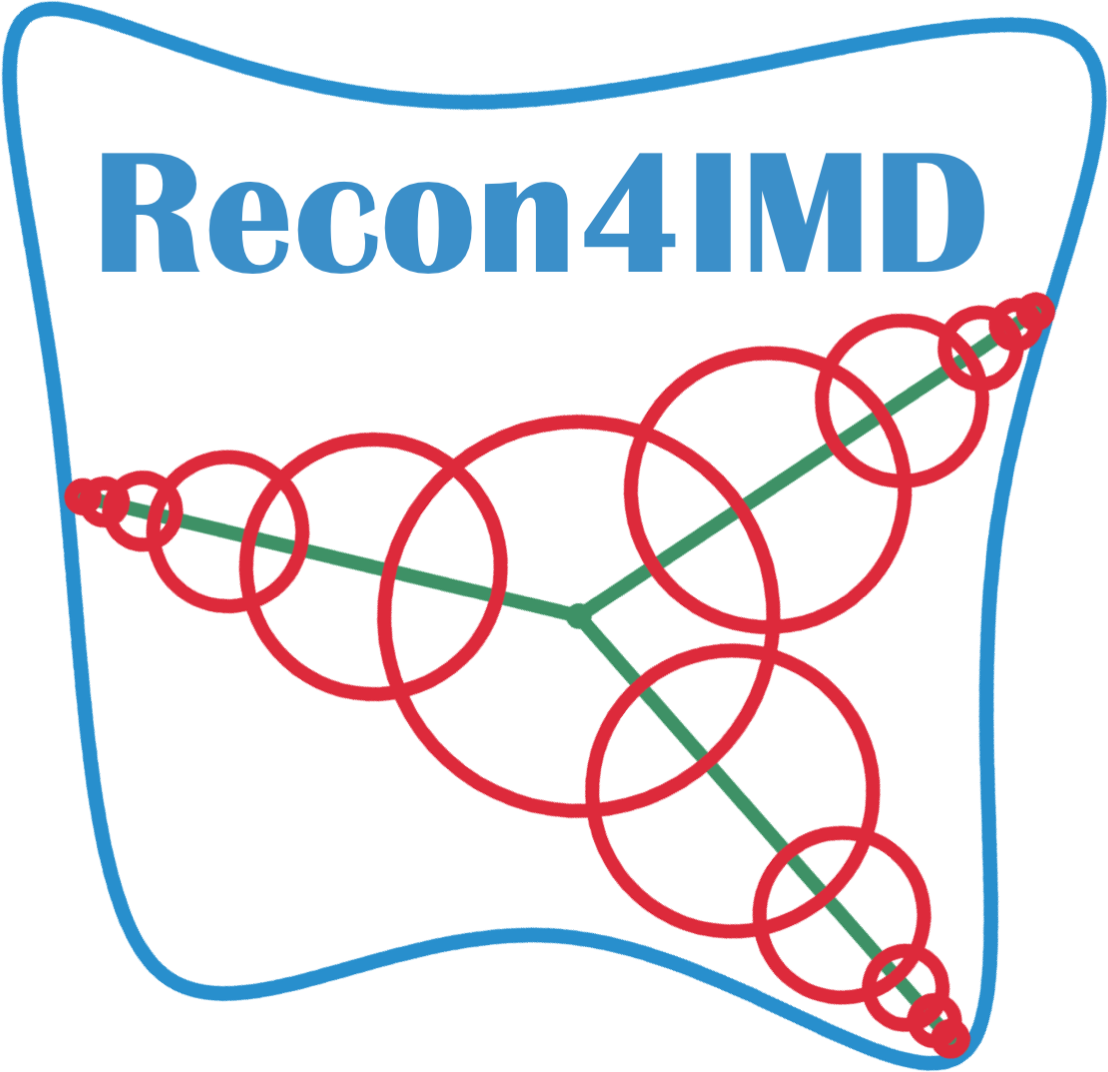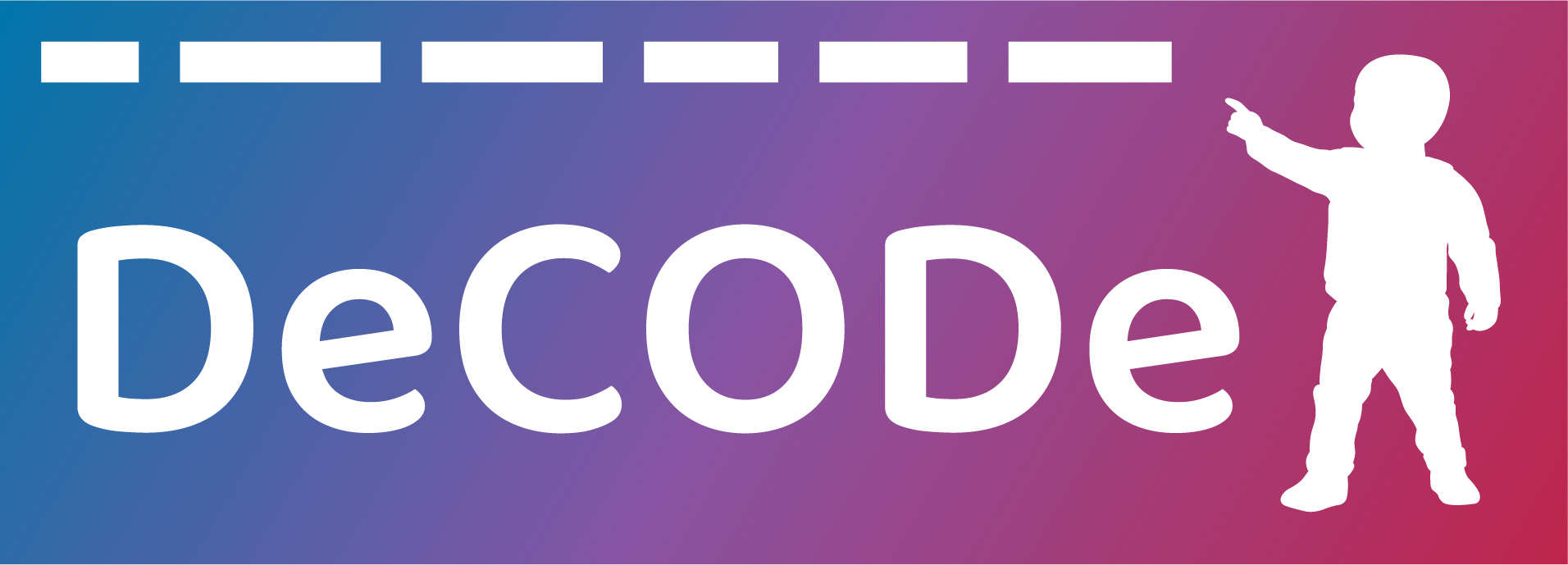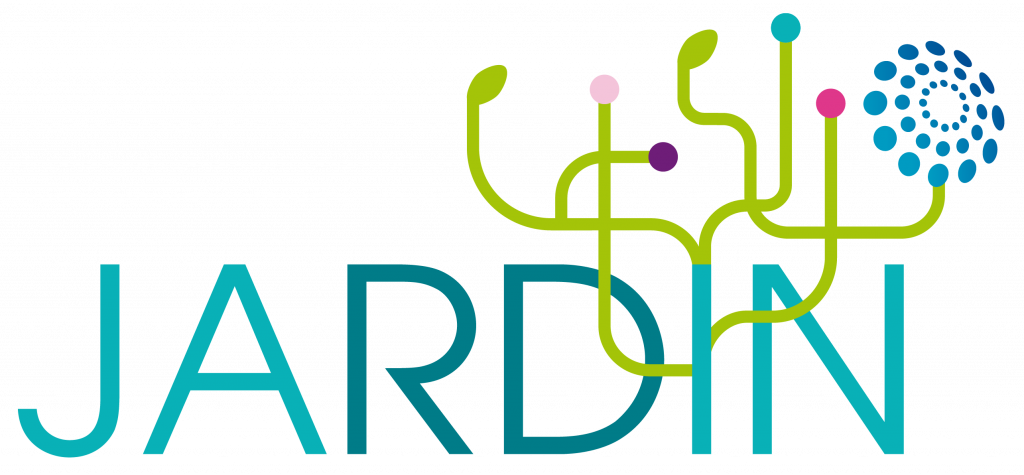Collaborative projects
JARDIN
The Joint Action Jardin is a pioneering 3-year project involving all European member states plus Norway and Ukraine, created to achieve the Integration of ERNs into National Healthcare Systems.
JARDIN will produce recommendations, and implementation pilots in the main fields of action, such as patient pathways, national reference networks, and data management for rare diseases or complex conditions.
Activities will include identification and exchange of best practices, development of concrete recommendations, guidelines, and toolboxes suited for the needs of all member states, as well as support of capacity building and performing pilot implementation steps on different levels in the proposed fields of action.
JARDIN will develop strategies for systematic dissemination of information on the ERNs, with a specific emphasis on people living with rare diseases as well as the healthcare professional’s community.
In line with the general objective of the call in the framework of the European Union Programme for Action in the field of Health (EU4Health), area of action “Enhanced European Reference Networks”, JARDIN aims to improve the accessibility and support the longterm sustainability of the ERN system, also strengthening the resilience of the national health systems.
ERDERA
The European Rare Diseases Research Alliance (ERDERA) aims to improve the health and well-being of the 30 million people living with a rare disease in Europe, by making Europe a world leader in rare disease research and innovation to support concrete health benefits to rare disease patients, through better prevention, diagnosis and treatment.
This new partnership takes over from the European Joint Programme on Rare Diseases (EJP RD) and integrates over 170 organisations from 37 countries encompassing leading global research institutes, patients’ organisations, European research infrastructures, pharmaceutical and technology companies, public funding agencies, philanthropic and private funders, regulatory institutions, healthcare authorities, hospitals, universities or medical associations. ERDERA is led by the French National Institute of Health and Medical Research – INSERM.
Building on the achievements of previous partnerships’, ERDERA will:
enhance collaboration, align research funding and enable optimal integration of EU and national rare diseases strategies and plans.
bridge the huge gap that hampers the translation of research results into cost-effective solutions that reach patients
help reduce the fragmentation of knowledge and data and evolve towards a holistic approach to research and innovation in rare diseases.
Recon4IMD
The Recon4IMD initiative is set to transform the approach to inherited metabolic diseases (IMDs) by accelerating diagnosis and enabling personalised management.
This will be achieved through the application of advanced technologies in statistical genomic analysis, deep learning for protein structure prediction, and whole-body metabolic network modelling. The initiative will create tailored computational models based on individual patient data, including genomic, transcriptomic, proteomic, and metabolomic information.
Supported by the EU Horizon EUROPE program, this project is carried out by an international consortium of 34 public and private sector entities, coordinated by the National University of Ireland, Galway.
DeCODe
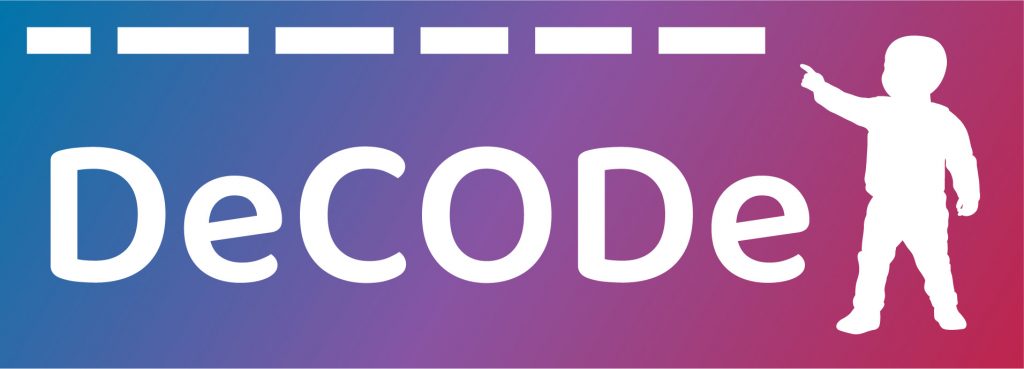
The DeCODe consortium is a two-year initiative aiming to catalyse innovation and address the unique healthcare needs of people living with rare diseases (PLWRD), specifically children. This collaborative group, comprising clinicians, researchers, industry experts, and regulatory authorities, will develop a platform for developing safe and effective paediatric and orphan medical devices.
As such, this initiative will support the development of paediatric and orphan devices via two steps.
The platform’s methodology encompasses a multifaceted approach, beginning with mapping paediatric and orphan stakeholders and initiatives and developing a critical pathway analysis to determine the optimal way to develop novel paediatric and orphan medical technologies.
As a next step, DeCODE will select five developers for support via grant applications that are expected to launch in March 2025. For each of the successful developers, it will keep track of the paediatric orphan devices that are supported, the number of prototypes that each developer has developed, the business plans that are drafted, the number of clinical data collections that have been launched, and certificates that have been obtained throughout the support process. It is expected that 3-5 new medical devices will be approved and implemented in rare disease care due to this exciting new initiative.
The DeCODe platform will be available for any European developer (a patient-led group, academic, or small to medium enterprise).
ERICA
The aim of the ERICA consortium, in which all 24 European Reference Networks (ERNs) take part, is to build on the strength of the individual ERNs and create a platform that integrates all ERNs research and innovation capacity.
Through knowledge sharing, engagement with stakeholders in the rare disease domain and assembly of transdisciplinary research groups working across the global health spectrum, ERICA strives to reach the following goals:
- new intra- and inter-ERN rare disease competitive networks;
- effective data collection strategies;
- better patient involvement;
- enhanced quality and impact of clinical trials;
- increased awareness of ERNs innovation potential.
ERICA will strengthen research and innovation capacity by the integration of ERN research activities, outreach to European research infrastructures to synergistically increase impact and innovation. This will result in efficient access and safe therapies for the benefit of patients suffering from rare diseases and complex conditions.
More information here
MetabERN is pleased to host the ERICA 4th General Assembly & ERN Research Conference from 11 to 13 December 2024 in Udine, Italy.
Closed Projects
- European Joint Programme for Rare Diseases EJPRD
- CONNECT Project
- INEA CEF Telecom
- Rare 2030
- Submission of Framework Partnership Agreement 2017-21 to CHAFEA
- Horizon 2020
- Marie Skłodowska Curie Actions
- 3rd Public Health Programme
- EuroTRIMM_ European Training network for Inflammation, Mitochondria and Mood disorders
- Collaborative Network for European Clinical Trials For Children, (conect4children, c4c) within the 10th call of IMI2,
- Call AIFA 2016 study protocol
European Joint Programme for Rare Diseases EJPRD

As recognised by the Council Recommendation 2009/C 151/02, rare diseases (RD) are a prime example of a research area that can strongly profit from coordination on a European and international scale. RD research should be improved to overcome fragmentation, leading to efficacious use of data and resources, faster scientific progress and competitiveness, and most importantly to decrease unnecessary hardship and prolonged suffering of RD patients.
In the specific context of the massive generation, need for reuse and efficient interpretation of data, introduction of omics into care practice and the structuration of RD care centres in European Reference Networks, it appears crucial and timely to maximise the potential of already funded tools and programmes by supporting them further, scaling up, linking, and most importantly, adapting them to the needs of end-users through implementation tests in real settings. Such a concerted effort is necessary to develop a sustainable ecosystem allowing a virtuous circle between RD care, research and medical innovation.
To achieve this goal, the European Joint Programme on RD (EJP RD) has two major objectives:
(i) To improve the integration, the efficacy, the production and the social impact of research on RD through the development, demonstration and promotion of Europe worldwide sharing of research and clinical data, materials, processes, knowledge and know-how;
(ii) To implement and further develop an efficient model of financial support for all types of research on RD (fundamental, clinical, epidemiological, social, economic, health service) coupled with accelerated exploitation of research results for benefit of patients. To this end, the EJP RD actions will be organised within four major Pillars assisted by the central coordination:
(P1): Funding of research;
(P2): Coordinated access to data and services;
(P3) Capacity building;
(P4): Accelerated translation of research projects and improvement outcomes of clinical studies.
More information here
CONNECT Project
Within the framework of the CONNECT project and CEF/INEA grant, an emergency protocol has been developed for patients suffering from inherited metabolic disorders and their families to deal with emergency situations, which are a major burden. Having an emergency letter and knowing how to use it can prevent life-threatening situations and will optimise communications between patients and doctors.
Metabolic specialists from many countries worldwide have collaborated in the CONNECT MetabERN project to improve the emergency letters and communication. Some elements of this emergency protocol are generic, whereas other items are personalised based on body weight and specific inborn error of metabolism.
By using http://www.emergencyprotocol.net, personalised emergency letters can be automatically generated for families and patients with fatty acid oxidation disorders (FAOD) and glycogen storage diseases (GSD).
INEA CEF Telecom

The European Reference Network European Reference Network (ERN) for Rare Hereditary Diseases (MetabERN) was officially set up in 2017 in accordance with Directive 2011/24/EU. The overall goal of MetabERN is to develop innovative care models and improve cross border care for patients suffering from rare and/or complex diseases and conditions in hereditary metabolic diseases.
The main objective of this Action is to continue developing and implementing IT applications, as well as supporting their use by the MetabERN health care providers, to ensure the increased use of the core service platforms, the ERN Collaborative Platform (ECP) and the Clinical Patient Management System (CPMS).
This Action builds upon the CEF-funded Action 2017-DE-IA-0109, which aimed to set up the MetabERN Operational Helpdesk.
The Action will facilitate access to highly specialised knowledge and care for patients suffering from rare and severe diseases.
Case-oriented e-learning/e-training within MetabERN will be carried out to train and educate new generations of physicians, and interconnectivity will be ensured in the entire care chain between IEM-patients, primary care physicians, local hospitals and the centres of expertise to prevent metabolic emergencies in patients.
More information here
Rare 2030
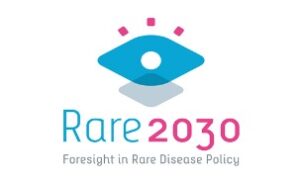
Building upon the success of European policy in support of rare diseases (RDs) to date, Rare 2030 seeks to use innovative research-based methods to best support future policy decisions for RDs. Rare 2030 seeks to propose policy recommendations to guide this future policy by using the participatory foresight approach and additional innovative consensus-building methods, encouraging broad and sustainable uptake by patients, all relevant stakeholders, (in particular policymakers) and society at large.
By harnessing the expertise and experience of associated and collaborating project partners and a panel of experts made up of representatives of all those benefitting from the project’s outcomes, Rare 2030 specifically seeks to establish the baseline knowledge required to identify, agree on and rank scientific, technological, social, political, financial and institutional drivers for the future governance and care of RDs in Europe.
By exploring and combining trends and existing instruments the Rare 2030 project intends to develop 3-5 consistent and plausible qualitative scenarios revealing the needs, perceptions and preferences of the RD Community and society at large as well as the policy options leading to these scenarios.
More information here
Submission of Framework Partnership Agreement 2017-21 to CHAFEA
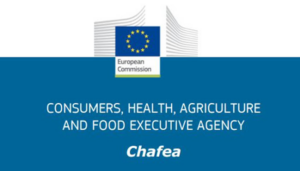
On June 21st, together with the MetabERN application, an application for a call for proposals conducted in the framework of the Third Programme for the Union’s action in the field of Health (2017-2021) was submitted. The Proposal aimed at providing financial support to ERNs, once established. Specifically support will be provided through the conclusion of framework partnership agreements (FPA) for a duration of maximum five years – covering the operating years 2017, 2018, 2019, 2020 and 2021 – and, subsequently, of specific grant agreements for the financial year 2017. The FPA will include a multi-annual work programme for the period 2017-2021 as an annex, including a budget plan. The evaluation committee lead by the Consumers, Health, Agriculture and Food Executive Agency (CHAFEA) has awarded the MetabERN with a total score of 29/30 and we have been invited to submit a simplified grant application on January 27 with an annual work programme and budget.
Horizon 2020
MetabERN has been invited by Prof. Hans Lochmüller, University of Newcastle Upon Tyne, UK, Coordinator of RDConnect, to join a call for the Creation of the “RD Bridges Project “ within the framework of Horizon 2020 call and as a continuation of the RD Connect Project. The project proposal aims to facilitate interaction among the ERNs, and to establish a comprehensive, accessible infrastructure for shared data.The proposal has passed the first stage and the second stage and is resubmitted in March.
Marie Skłodowska Curie Actions
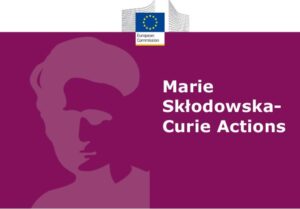
Marie Skłodowska Curie Actions, Research Fellowship Programme, are European programme for young scientists (inside the 4th year of PhD degree) or for PhD students. The deadline for submission was January 10th. The project MetabERN proposes aims to better understand the mechanistic basis of glycosaminoglycan (GAG) related disease and to use this knowledge for improved therapeutics. Since the project mainly involves LSDs, Ans van Der Ploeg and and Maurizio Scarpa will be the main contact people for this project.
3rd Public Health Programme
A call for applications for Rare diseases –in support of the setup of new registries is based on the Third Programme for the Union’s action in the field of Health (2014-2020) and its 2016 Work Programme. The objective of this call is to provide financial support to the development of 3-4 new registries on rare diseases based on existing registries in Member States. As laid down in Article 12 of the Directive on the application of patients’ rights in cross-border healthcare, registries will be one of the objectives of the European Reference Networks (ERNs) to be set up. The proposal for a united metabolic database was submitted by the group of Prof Stefan Kolker, Heidelberg, within the subnetwork “aminoacid and organic acid related disorders” on March 21st 2017.
EuroTRIMM_ European Training network for Inflammation, Mitochondria and Mood disorders
European Training network for Inflammation, Mitochondria and Mood disorders has submitted in January 2017 a H2020-MSCA-ITN-2017 proposal entitled: Interdisciplinary training network for the study of stress-related mood disorders (proposal ID: 766376). The overreaching aim of this proposal to increase understanding of the role of mitochondrial dysfunction in the etiology and biology of stress-related mood disorders, such as depression and anxiety. First round evaluation results are expected in June
- EuroTRIMM has five academic partners, Radboudumc, Nijmegen, The Netherlands (coordinator), École Polytechnique Fédérale de Lausanne, Lausanne, Switzerland, Max Planck Institute for Psychiatry, Munich, Germany, University of Pécs, Pécs, Hungary, UZ Leuven, Leuven, Belgium and one non-academic partner Amazentis, SA, Lausanne, Switzerland. Twelve highly integrated multidisciplinary projects will realize EuroTRIMM’s aim across Europe.
- MetabERN is also a full partner in EuroTRIMM, supporting partners in collecting scientific data. MetabERN will also be instrumental in disseminating results, and support contact with patient organizations and make information available for patients, as it is stated in their vision document.
Collaborative Network for European Clinical Trials For Children, (conect4children, c4c) within the 10th call of IMI2,
The first stage deadline for the call was 28 March 2017 – submission of a short proposal via the electronic submission system of the H2020 participant portal. The second state deadline will be 14 September 2017. You can find further information on the call here, here, here and here.
Call AIFA 2016 study protocol
The application was sent on 5 December 2016 by the MetabERN Italian group of HCPs entitled “Information Technology approach to explore the natural history, the impact of therapies and the cost of rare inherited metabolic disorders.”
